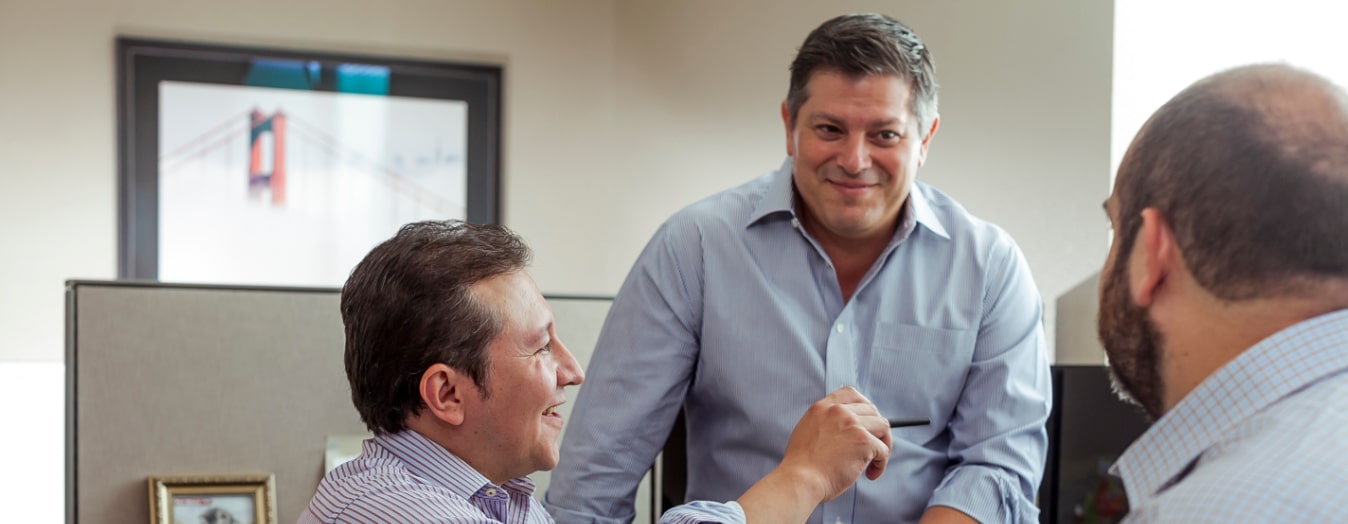When it comes to packaging job search and career books, there’s no shortage of titles to choose from. Each one offering a unique perspective on employment and career development. And while you can learn a thing or two from each volume, there are a few books that are consistently heralded as being the best of the best.
“What Color is Your Parachute?” – Richard N. Bolles
This classic job seeker book is the definitive guide to finding the career that suits you best. Not just with your abilities, but your goals and personality as well. Initially printed in 1970 (and revised every year since), over 10 million copies have been sold.
The first half of the book is a compendium of strategies for your job search. Applying, interviewing, follow-ups, and negotiations. It’s all here. But the second half of the book is where the magic happens.
Part two is chocked full of practical exercises to guide you in your career selection. Like Bolles’ famous “Flower Exercise” which covers the seven key areas (or petals) of your work life.
1. Goal, Purpose, or Mission – uncovering what you want to contribute to the world and how you’ll go about it
2. Location Preference – where you’d choose to work if given the opportunity
3. Expected Salary Range and Benefits – desired pay, perks, and extras
4. Preferred Working Conditions – the type of environment where you excel
5. Best Transferable Skills – what you can AND like to do at work
6. Areas of Interest – topics and assignments that get you excited
7. Types of People – that you connect with and share common interests
Well-written, easy to read, and chock-full of actionable advice. It’s easy to see why “What Color is Your Parachute?” has been around for decades.
The 7 Habits of Highly Effective People – Stephen Covey
A book you’ve likely heard of (even if you haven’t read it). More than just time management, Covey’s masterpiece explains how mindset is the critical element to both your job search and your life. He covers topics such as:
Beginning with the end in mind – productivity is meaningless if you’re not working towards something. Covey explains that you must get clear about your long-term goals first and then filter all of your decisions through them.
Learning how to say no – using tools like the Eisenhower matrix to determine what’s important vs what’s not. Then creating a “burning yes” to counteract saying no to all things trivial.
Listening (and understanding) before speaking – not thinking about what you can say next to be clever or witty, but truly focusing on the other person and their message. Which helps you build empathy, appreciation, and clarity regarding their needs.
All of which are fundamental skills for building a strong packaging career.
How to Win Friends & Influence People – Dale Carnegie
Often referenced as the source for understanding people and human behavior, this gem has been in print for over 80 years. It’s a masterpiece containing timeless nuggets on communication, leadership, and negotiation skills.
Most of which revolve around a singular grounding principle: You can only change another person’s behavior by first modifying your own.
Packed with simple, yet actionable advice, this guidebook is as relevant now as the day it was published. Mr. Carnegie goes into detail about how to be more likable, earn favor with others, and do so without the use of manipulation or deceit.
A few key takeaways include:
Becoming more interesting by speaking less – Carnegie explains that you need not dominate conversations to be memorable. In fact, it’s just the opposite. The more you listen – and let others do the talking – the better people will respond.
When you do speak, ask relevant follow-up questions to extend the conversation. This makes the other person feel good and help to remember your interaction.
Gain support by asking questions the right way – that is, in a manner others can easily say yes to. Allowing them to conclude that your original idea was their own.
Thus, making your suggestion that much easier to sell.
Getting to Yes: Negotiating Agreement Without Giving In – Roger Fisher, William L. Ury, and Bruce Patton
One of the building blocks of a career in packaging is negotiating job offers. Not to mention that strong bargaining skills help you in other areas of life. “Getting to Yes” is relevant anytime you find yourself at odds with others and need to work out an amicable solution.
In this book, Fisher, Ury, and Patton break down four distinct principles of negotiation:
1. Separating people from the problem – untangling emotions and egos from the issue. Seeing the other party’s point of view, clarifying perceptions, and ensuring open communication from everyone.
2. Focusing on interests, not problems – getting to the root of what each side truly wants and why. Which isn’t necessarily the same as the argument that’s brought to the table. The only way both sides can win is to be open about their interests and explain why they’re important.
3. Generating opinions for mutual gain – simply put, rather than a winner take all mentality, good negotiations are about working together. Finding a solution that both parties can agree on and walk away feeling victorious about.
4. Insisting on objective data – designing solutions based on criteria both parties can agree on (aka fair and reasonable standards).
Additionally, “Getting to Yes” covers instances when others refuse to play fair or opt to strongarm the negotiations. The advice? Recognize and deflect the attack and then calmly shift focus back on the problem itself.
Wisdom that will serve you in packaging management, your personal life, and beyond.
Conclusion
Let’s face it – when it comes to career advice, no one has all the answers. But what job seekers do have is a wealth of information to draw upon from these timeless career books.
Each offers a unique perspective on finding the right job, negotiating, staying productive, and effectively communicating. All of which are essential for a growing a strong packaging career.
These classics have stood the test of time for a reason – because they simply work.
Chase & Associates – We Have Your Back



